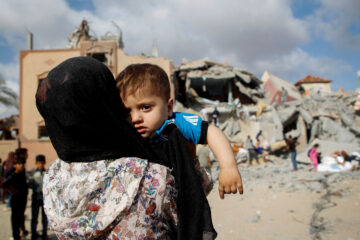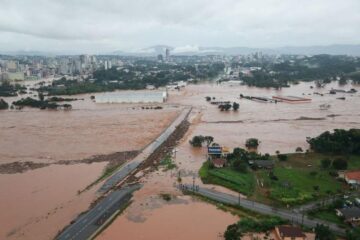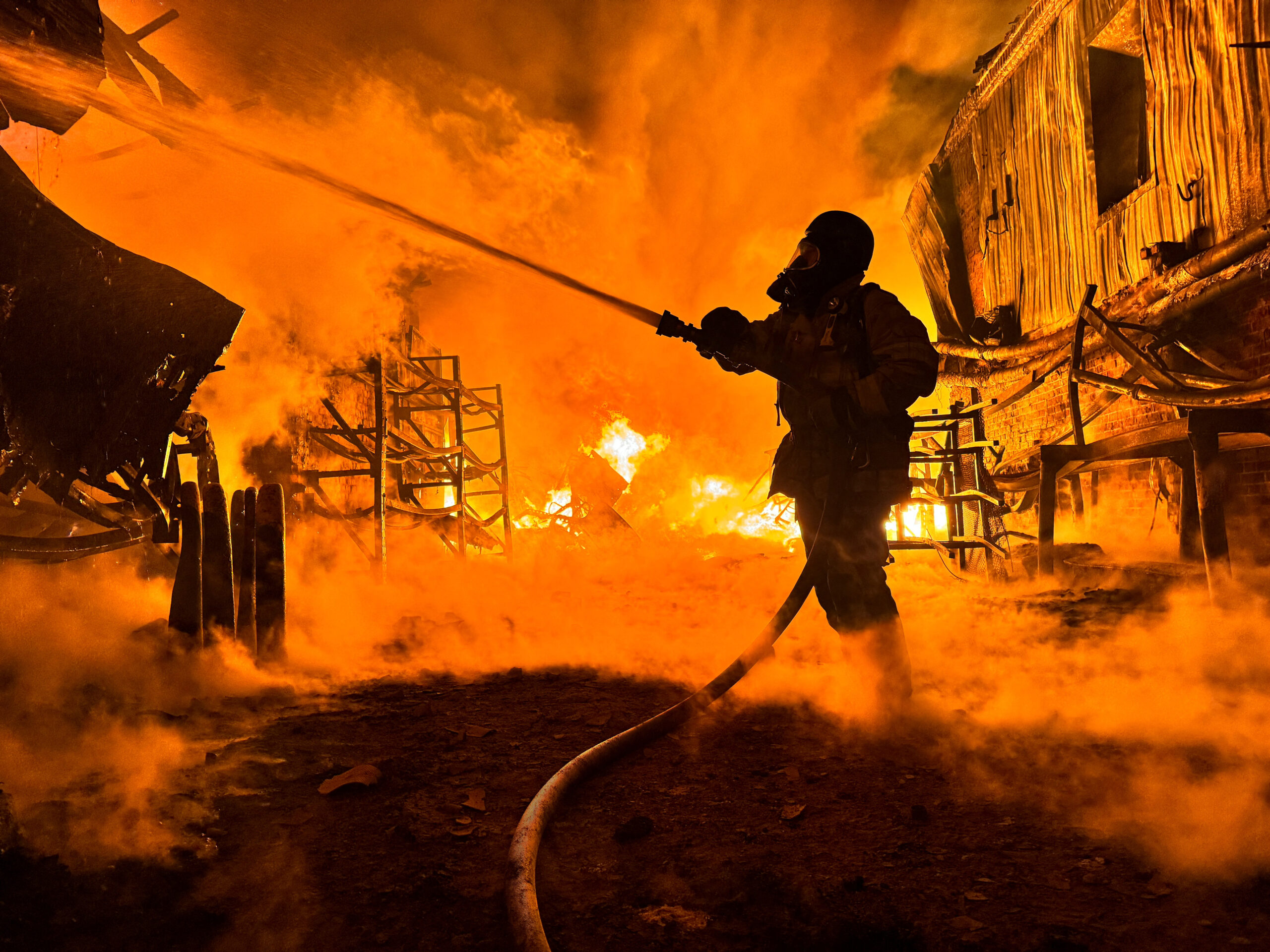Divided Turkey holds critical vote as violence spirals
Turks were voting Sunday in one of the most crucial elections in years, as the deeply divided country confronts a bloody wave of jihadist attacks and a renewed Kurdish conflict.
The poll is the second in just five months, called after President Recep Tayyip Erdogan\’s Justice and Development Party (AKP) lost its parliamentary majority in June for the first time in 13 years and then failed to forge a coalition government.
Opinion polls are, however, predicting a replay Sunday, leaving the strategic Muslim-majority nation at risk of further instability just as it is facing what some observers warn are existential threats.
Around 385,000 police and gendarmes have been mobilised nationwide, with security particularly high in the restive Kurdish majority southeast, where armoured vehicles and police were seen outside polling stations.
Turks are fearful of a return to all-out war with outlawed Kurdistan Workers\’ Party (PKK) rebels after renewed violence shattered a 2013 truce in July, just a month after a pro-Kurdish party took up seats in parliament for the first time, denying the AKP a majority.
The threat of further jihadist violence is also overshadowing the election after a string of attacks blamed on the Islamic State group, including twin suicide bombings on an Ankara peace rally that killed 102 people — the worst in the country\’s modern history.
"All I want is peace and brotherhood, we have suffered too much lately," 43-year-old Kiziltoprak Mahmut told AFP in the main Kurdish city of Diyarbakir.
Turnout is expected to be high among the 54 million registered voters and there were early queues at polling stations.
First results are expected at around 1800 GMT, four hours after voting ends.
"To the ballot box for a free country," was the headline in the opposition Zaman daily.
Erdogan\’s conservative, Islamic-leaning AKP is tipped to win between 40 and 43 percent, paving the way either for a shaky coalition that many analysts say will not last long, or yet another election.
With the country deeply polarised along ethnic and sectarian lines and its economy faltering, Prime Minister Ahmet Davutoglu called Saturday on voters to choose "stability".
"Turkey needs a strong and shrewd government at such a critical time," said Davutoglu, whose own job could be at risk if the AKP fails to secure an outright victory.
The vote could also determine the future of Erdogan, who has dominated Turkey\’s political scene for more than a decade, even though his name is not on the ballot paper.
The stunning June election setback wrecked — at least temporarily — his ambition to expand his role into a powerful US-style executive presidency that opponents fear would mean fewer checks and balances on a man seen as increasingly autocratic.
A string of high-profile raids against businesses deemed hostile to Erdogan and the jailing of critical journalists have set alarm bells ringing about the state of democracy in a country that has long aspired to join the European Union.
Security remains the paramount concern after the Ankara attack, blamed on an Islamic State sleeper cell, and police have rounded up scores of IS suspects.
Increasingly isolated on the world stage, Turkey is also struggling with its policy on Syria and the burden of more than two million who have taken refuge there from its neighbour\’s bloody four-year civil war.
After long supporting rebels fighting the Damascus regime, Ankara was cajoled into joining the US-led coalition against the IS group and launched its own "war on terrorism" targeting the jihadists as well as PKK fighters.
Further political turmoil could also add to jitters about Turkey\’s economy, with growth slowing sharply from the dizzy heights of five years ago and the Turkish lira plunging more than 25 percent this year.
All eyes will again be on the Peoples\’ Democratic Party (HDP), which made history in June when it became the first pro-Kurdish movement in parliament and gained enough seats to block an AKP majority.
But it faces accusations it is a mere front for the PKK, whose armed campaign for autonomy has killed 45,000 people since 1984.
Analysts expect the AKP to try to form a coalition with at least one other party in the event of another hung parliament, probably the CHP, which came second in June.
An inconclusive outcome could be an embarrassment for Turkey as it hosts world leaders, including US President Barack Obama, for the G20 summit in the Mediterranean resort of Antalya on November 15-16.
SOURCE: AFP
[do_widget_area inner_adsbar]









